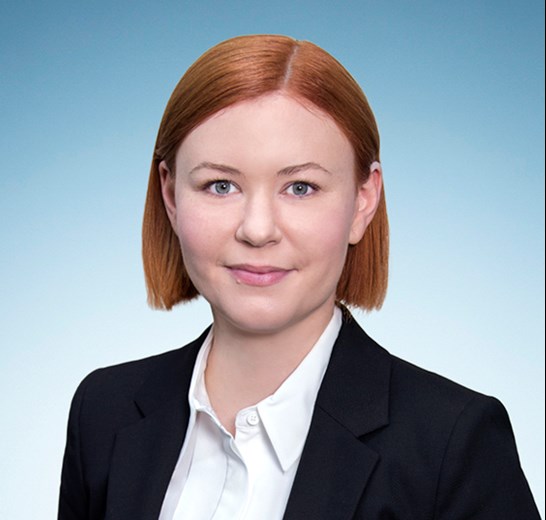Big win – first time father entitled to paid parental leave as primary carer

Hall Payne Lawyers is delighted to have assisted a first-time father to recover his entitlement to paid parental leave as a primary carer and non-birth parent. Our clients, the employee and his Union (the RTBU), challenged his employer’s refusal to accept his application for paid parental leave, even though he had to provide care for the newborn baby while his wife recovered from childbirth complications. And he won!
In early 2024, a bus driver in Tasmania applied for paid parental leave (PPL) from his employer, Metro Tasmania, claiming he was the primary carer for his newborn baby. The entitlement to PPL, in this case, was contained in the enterprise agreement that applied to the driver.
The driver’s wife, who had just given birth via emergency caesarean section, was also receiving PPL through her employer, but was unable to care for the baby due to medical complications. The employer rejected the driver’s application for PPL.
Union makes an application to the Fair Work Commission
The Union, on behalf of the driver, then made an application for the Fair Work Commission (FWC) to deal with the dispute.
At first instance, the FWC rejected the employer’s argument that the bus driver needed to establish that his wife (the birth parent) was incapable of providing primary care to the couple’s newborn child, finding that “the reason the Bus Operator will be the primary carer is immaterial”. The FWC accepted that our client was the primary carer, and in doing so also rejected a number of other arguments advanced by the employer, including challenges made to the evidence provided by our client to substantiate his claim as primary carer.
The FWC ordered the company to backpay the driver eight weeks of PPL.
Employer seeks to appeal decision of the FWC
The employer then appealed the decision, again arguing that because the mother was also receiving PPL, the father could not be the primary carer. However, the Full Bench agreed with the original decision and refused permission to appeal.
What does “primary carer” actually mean?
In this case, the mother was recovering from serious medical issues after childbirth and wasn’t able to take care of the baby as the couple had originally planned. That meant the father stepped in as the main caregiver, making him the primary carer during that time, even though both parents were technically on leave.
In rejecting all grounds of appeal, the Commission concluded:
- The plain meaning of “primary” does not mean “only”.
“…In the context of caring for a baby, to be a primary carer does not require the person providing care to be the sole carer, and nor does a primary carer cease to be so because assistance with caregiving is provided by a spouse or partner. The primary carer in the context of a child, is the person who principally provides care, or has overall responsibility for the provision of care, rather than a person who solely provides or is responsible for the provision of care.”
- The employer’s argument that the employee had to have “planned” to be the primary carer in advance was “absurd”, noting:
“…a paid parental leave application may be made before the birth of a child on the basis that the parent who makes the application has chosen to be the primary caregiver while the other parent returns to work. However, a prospective parent having chosen to return to work, may be required to become the primary carer in unplanned circumstances.”
- A parent can be a primary carer while the child and other parent (in this case, the birth parent) are in hospital;
- It is not necessary to establish that the birth parent is incapable of providing the primary care in order to access the entitlement to PPL.
You can read the full decision here: Metro Tasmania Pty Ltd v Australian Rail, Tram and Bus Industry Union [2025] FWCFB 124 (24 June 2025)
Get help from an employment lawyer
Paid parental leave offers benefits for both parents and children, including improved health outcomes, increased bonding time, and greater gender equality in the workplace and at home.
In this case, the entitlement to paid parental leave that was in dispute was contained in an enterprise agreement that applied to the employment. The source of paid parental leave entitlements and the criteria for accessing paid parental leave can vary.
If you are a new or expecting parent and think you’re not being treated fairly at work, get in touch.
Contacting Hall Payne Lawyers
You can contact us by phone or email to arrange your consultation; either face-to-face at one of our offices, by telephone or by videoconference consultation.
Phone: 1800 659 114
Email: general@hallpayne.com.au
This article relates to Australian law; either at a State or Federal level.
The information contained on this site is for general guidance only. No person should act or refrain from acting on the basis of such information. Appropriate professional advice should be sought based upon your particular circumstances. For further information, please do not hesitate to contact Hall Payne Lawyers.

Get in touch with today's blog writer:
Madeleine O’Brien
